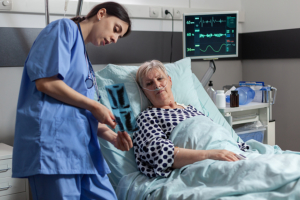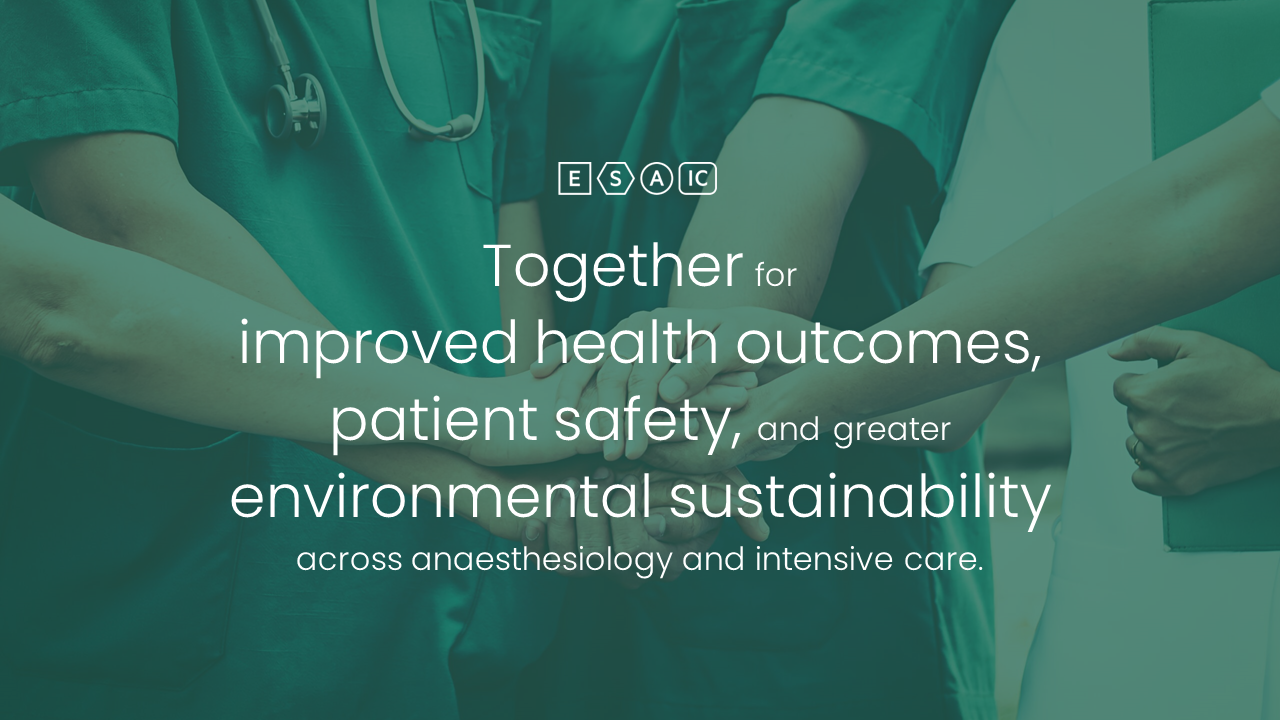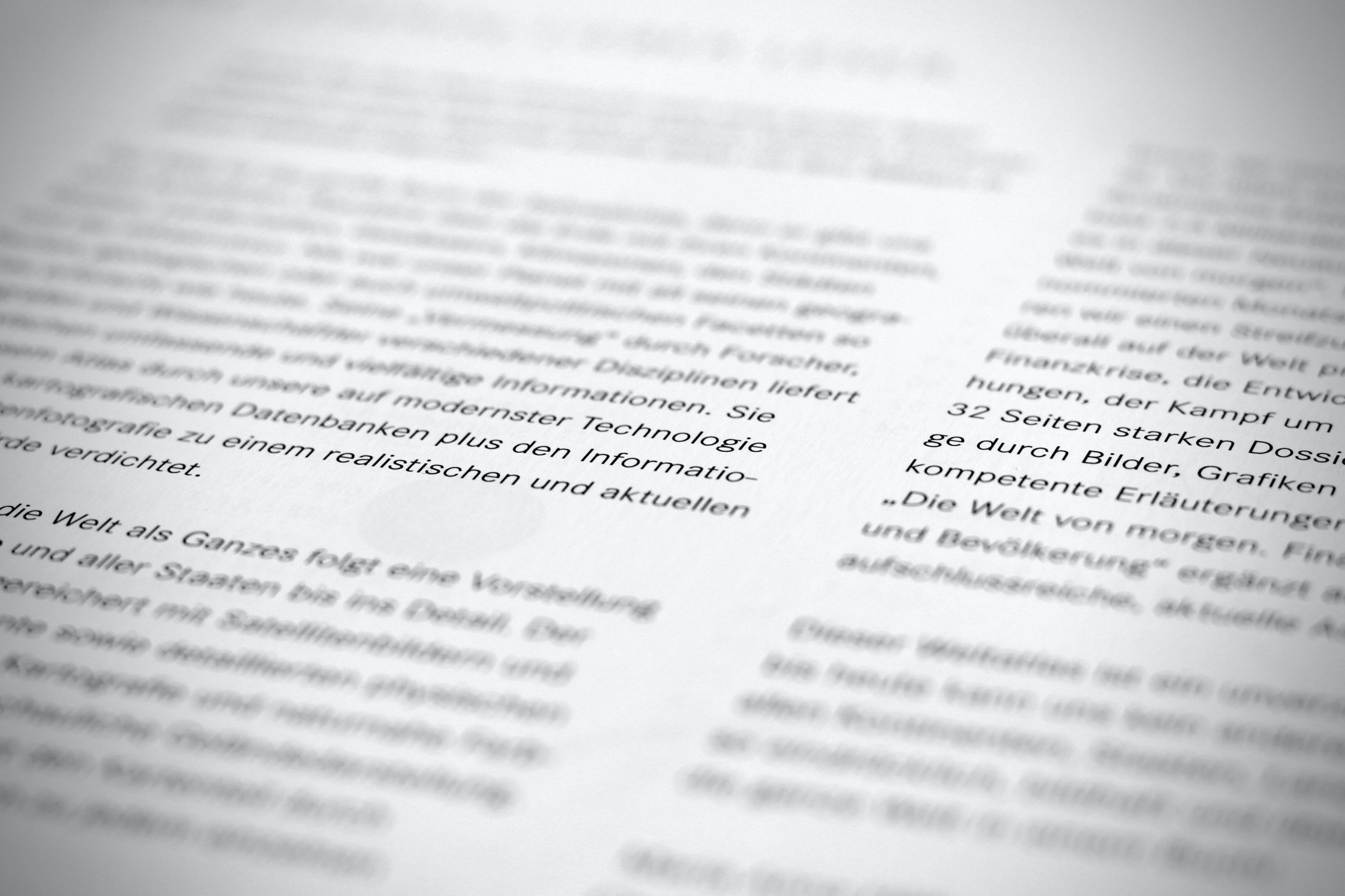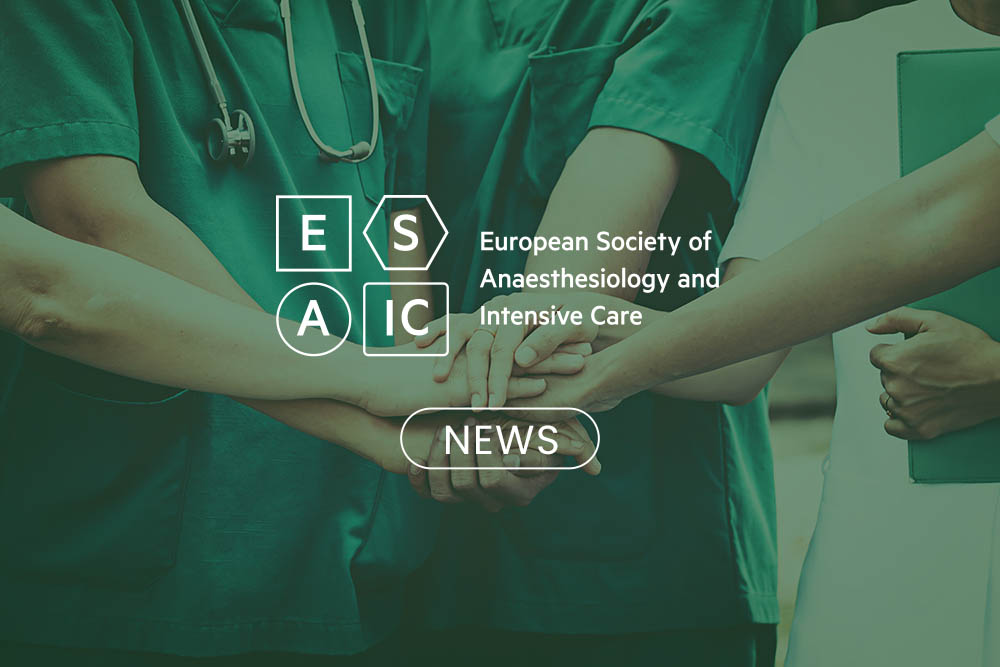Congress Newsletter 2021
EA21 Newsletter: Session 15D1 Premedication in the elderly? Pro-Con debate
Saturday December 18, 17:00 – 18:00 – Channel 4
Pro-con debates have been a regular fixture of Euroanaesthesia for more than a decade, and this Saturday afternoon debate focuses on the issue of premedication in the elderly.
Pro Position:
Mark Coburn; Department of Anesthesiology and Intensive Care Medicine; University Hospital Bonn; Bonn; Germany
Surgery in the elderly patient is increasing and thus more patients are presenting with frailty and multimorbidity. On the one hand, guidelines suggest avoiding benzodiazepines in the elderly patient for premedication in order to prevent postoperative delirium. Yet, these recommendations are limited due to the lack of randomised controlled trials [1].

Furthermore, a propensity-score matched analysis from 3 prospective studies in patients aged 65 years or older who underwent elective major noncardiac surgery revealed that using i.v. midazolam (2mg±1mg) was not associated with a higher incidence of delirium on the first postoperative day [5]. There is a need for a large randomized controlled trial to clarify the evidence for or against the use of preoperative benzodiazepines in elderly patients. At present, a multicenter, randomized, placebo-controlled trial has been carried out and is awaiting publication [6]. In my opinion premedication in the elderly can be condensed to a quote “the dose makes the poison” – Paracelsus.
Con Position:
Finn M Radtke; Department of Anaesthesia and Intensive Care; Nykoebing Hospital University of Southern Denmark; Denmark
Premedication for anaesthesia and surgery is almost as old as anaesthesia with ether and chloroform itself. While in the early years of premedication, it was more a matter of optimising the unpleasant side effects of anaesthetics and the induction phase, today, the focus is more on attenuating the autonomic nervous system (ANS)(7&8).
A high level of preoperative anxiety and stress deserves the full attention of the attending anaesthetist, as it can influence the induction and maintenance phases and also requires action from an ethical point of view (9&10).
Routinely ordering benzodiazepines (7.5 mg midazolam for adult patients or 3.75 mg for geriatric patients) not only does not do justice to patient-centred care but also hinders the shift towards it.
Besides the highly relevant logistical and patient safety aspects of patient transport (from ward to OR) and the safe-check-in procedure in the OR, the anaesthesiologist is also deprived of the possibility to interact with the patient at eye level as well as not motivated to implement further possible stress and anxiety attenuating factors.
In that regard, an eye-opening experience is to immerse oneself professionally into a well functioning setting where premedication is not routinely administered. And then, maybe find a synthesis for the pro/con- position in applying full focus on improving (non-invasively) patient comfort. And only, if all other patient-centred measures have been found to be insufficient, then consider the use of fast and short-acting newer benzodiazepines in patients with toxic levels of stress and anxiety (e.g. NRS levels Stress and Anxiety ≥ 8).
References
- Aldecoa C, Betteli G, Bilotta F, Sanders RD, Audisio R, Borozdina A, Cherubini A, Jones C, Kehlet H, MacLullich A, Radtke F, Riese F, Slooter Aj, Veyckemans F, Kramer S, Neuner B, Weiss B, Spies CD. European Society of Anaesthesiology evidence-based and consensus-based guideline on postoperative delirium. Eur J Anaesthesiol 2017; 34: 192-214
- Lei VJ, Navathe AS, Seki SM, Neuman MD. Perioperative benzodiazepine administration among older surgical patients. British Journal of Anaestehsia 2021; 127: e69-e71
- POSE-Study group. Peri-interventional outcome study in the elderly in Europe: A 30-day prospective cohort study. Eur J Anaesthesiol 2021; doi: 10.1097/EJA.0000000000001639
- Kowark A, Berger M, Rossaint R, Schmid M, Coburn M; and the POSE-Study group. Association between benzodiazepine premedication and 30-day mortality rate: A propensity-score weighted analysis of the Peri-interventional Outcome Study in the Elderly (POSE). Eur J Anaesthesiol 2021; doi: 11097/EJA.0000000000001638
- Wang ML, Min J, Sands LP, Leung JM, and the Perioperative Medicine Research Group. Midazolam premedication immediately before surgery is not associated with early postoperative delirium. Anesth Analg 2021; 133: 765-71
- Kowark A, Rossaint R, Keszei AP, Bischoff P, Czaplik M, Drexler B, Kienbaum P, Kretzschmar M, Pühringer F, Saller T, Schneider G, Soehle M, Coburn M, I-PROMOTE study group. Impact of preoperative midazolam on outcome of elderly patients (I-PROMOTE): study protocol for a multicentre randomised controlled trial. Trials 2019; 20: 430
- Shearer WM. The evolution of premedication. Br J Anaesth 1960;32:554e62.
- Sheen MJ., Anesthetic premedication: New horizons of an old practice, Acta Anaesth Taiwanica 2014 Volume 52, Issue 3,
- Badner NH. Preoperative anxiety: detection and contributing factors. Can J Anaesth. 1990; 37: 444-447
- McCleane GJ. The nature of pre-operative anxiety, Anaesthesia. 1990; 45: 153-155
Read More of our special newsletter covering our virtual congress









